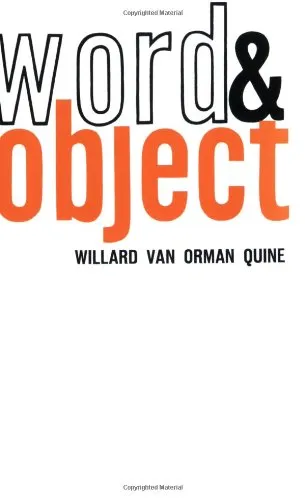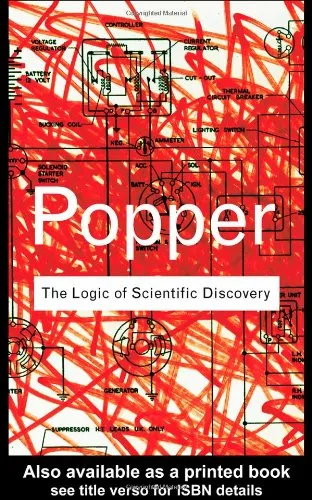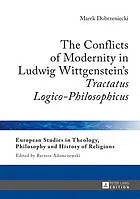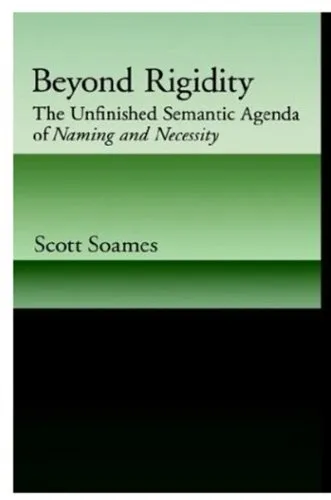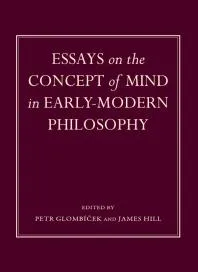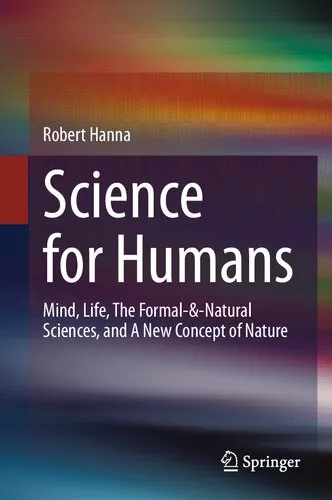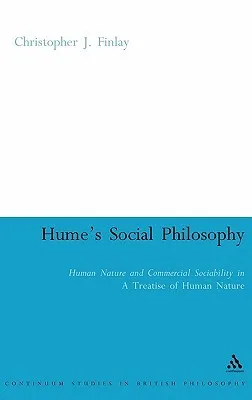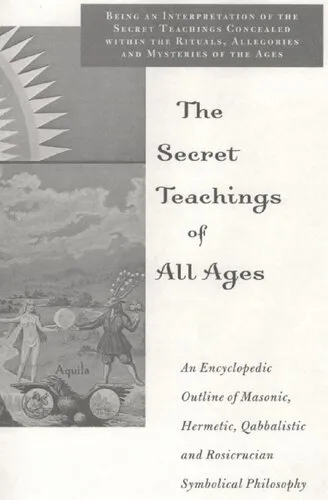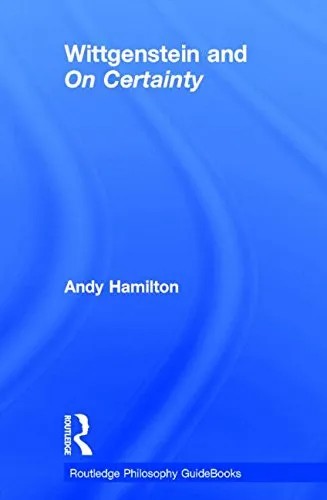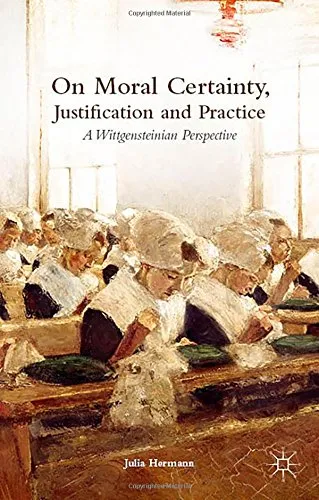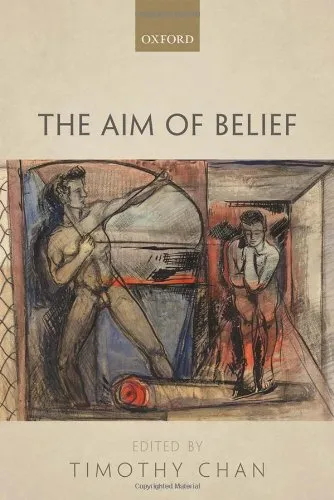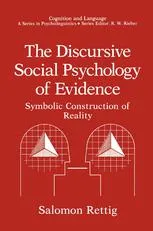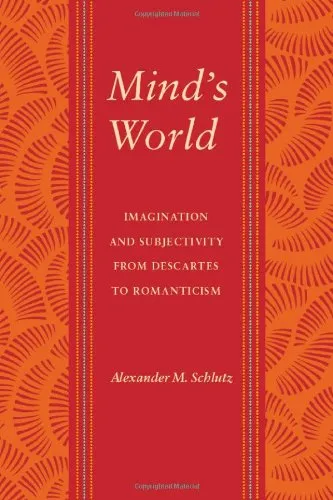Word and Object (Studies in Communication)
4.5
Reviews from our users

You Can Ask your questions from this book's AI after Login
Each download or ask from book AI costs 2 points. To earn more free points, please visit the Points Guide Page and complete some valuable actions.Related Refrences:
Welcome to an exploration of Willard Van Orman Quine's seminal work, "Word and Object," an intellectual cornerstone in the field of philosophy, particularly in the philosophy of language and epistemology. This book challenges traditional notions of meaning, reference, and language understanding, and it remains a vital resource for scholars, students, and anyone interested in how we communicate and comprehend the world around us.
Detailed Summary of the Book
"Word and Object" delves into the intricate web of language, thought, and reality. Quine embarks on a quest to understand how words relate to the objects they denote and how language shapes human perception and cognition. He critiques and expands upon the ideas of predecessors, such as Rudolf Carnap, and dismantles the notion of a direct synonymy between words and their meanings.
Throughout the book, Quine introduces several key concepts that redefine understanding and interpretation. One such concept is the 'indeterminacy of translation,' which argues that there is no unique correct translation of words between languages. This challenges the assumption that language can fully encapsulate reality or that different languages offer exact equivalents for profound concepts.
Another significant feature of Quine's analysis is his attack on the analytic-synthetic distinction, a central tenet upheld by logical positivists. By arguing that no exhaustive boundary exists between 'analytic truths,' known by virtue of meaning alone, and 'synthetic truths,' verified through empirical data, Quine reshapes the discourse on how knowledge is constructed.
The book investigates various layers of communication, starting from sensory stimulation to complex abstract meanings, dissecting how language users construct a shared understanding. Quine advances from basic ostension—the direct pointing and naming of an object—to more sophisticated forms of linguistic interchange, contemplating how new terminologies arise and solidify within communal lexicons.
Key Takeaways
- The indeterminacy of translation suggests that there is no perfectly objective way to map words from one language onto another.
- Quine challenges the assumption of clear-cut distinctions between analytic and synthetic truths.
- Language not only conveys information but also influences and limits our understanding of the world.
- Our perception and cognition are tightly coupled with linguistic frameworks; hence, any report of knowledge must account for language dependency.
Famous Quotes from the Book
"Philosophy of mind is underscored by the consideration of language: our common mode and medium of understanding."
"The notion of a meaning is no clearer than that of the truth of a story."
Why This Book Matters
Quine's "Word and Object" is more than just a philosophical treatise; it is a transformative discourse that changed how scholars think about language, meaning, and their connection to reality. This book's impact extends beyond philosophy into fields such as cognitive science, linguistics, and even artificial intelligence, influencing how we approach problems of communication and knowledge representation.
By dissolving the clear demarcation traditionally drawn between knowledge established through linguistic definitions and that garnered from empirical observation, Quine unifies scientific inquiry. His work prompts ongoing debates and explorations into how knowledge is shared and highlights the role of language as both a tool and a barrier in human interaction.
In challenging foundational assumptions, Quine invites readers to critically evaluate their understanding of words and the objects they represent. "Word and Object" thus remains an indispensable read for anyone seeking to grasp the complexities of human communication and its implications for our conception of the world.
Free Direct Download
You Can Download this book after Login
Accessing books through legal platforms and public libraries not only supports the rights of authors and publishers but also contributes to the sustainability of reading culture. Before downloading, please take a moment to consider these options.
Find this book on other platforms:
WorldCat helps you find books in libraries worldwide.
See ratings, reviews, and discussions on Goodreads.
Find and buy rare or used books on AbeBooks.
1263
بازدید4.5
امتیاز0
نظر98%
رضایتReviews:
4.5
Based on 0 users review
Questions & Answers
Ask questions about this book or help others by answering
No questions yet. Be the first to ask!
